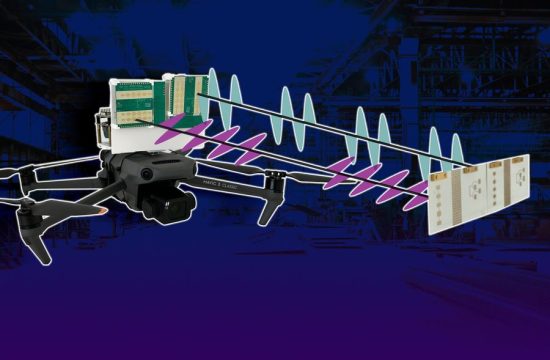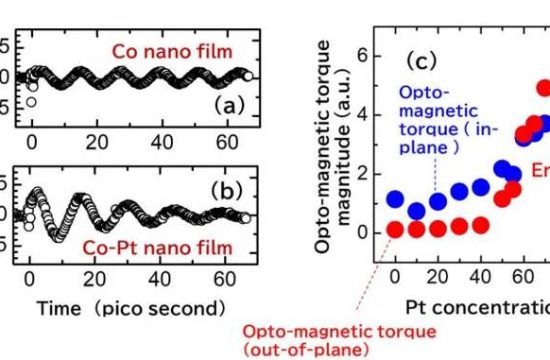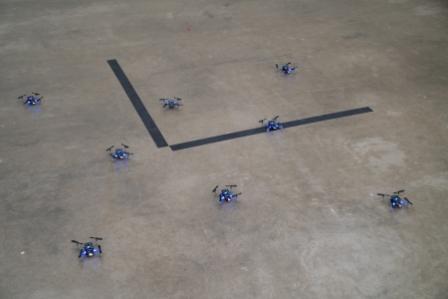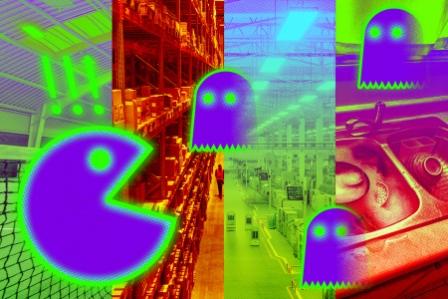Raspberry ketone (RK) is a natural phenolic compound found in red raspberries. It is responsible for the distinct and pleasant aroma of raspberries. RK holds significant economic value in the food and healthcare sectors, e.g. flavoring agents, dietary supplements, aromatherapy, and even the cosmetic industry.
Considering the growing consumer demands and the need for sustainable production methods, a biological approach to synthesizing this flavor compound is highly appealing. However, despite its potential, the industrial-scale implementation of fungal production of raspberry ketone (RK) and raspberry compounds (RC) remains a challenge.

In this study, researchers investigated the fungal production of RK and RC using Nidula niveo-tomentosa in various bioreactor configurations. They conducted experiments in flask, stirred-tank reactor (STR), panel bioreactor (PBR), and fluidized bed reactor (FBR) setups to evaluate the efficiency of each system.
The results revealed interesting findings. The panel bioreactor produced larger, floccose pellets. On the other hand, the stirred-tank bioreactor, equipped with impeller mixing, generated compact elliptical pellets and displayed the highest volumetric productivity, with an RK selectivity of 0.45.
The mixing strategies had a clear impact on the morphology of the pellets, while the RK production showed a more direct positive correlation with cultivation conditions. Additionally, appropriate mixing and aeration favored the production of RK over raspberry alcohol (RA). Note that an important advantage of the FBR is that blending can be performed without the need to shake the mixture or use a rotating device, such as an impeller.
This research underscores the significance of bioreactor design in fungal fermentation processes. It sheds light on the potential of green and industrial bioproduction for obtaining value-added natural compounds like raspberry ketone.
By optimizing the bioreactor conditions and cultivation parameters, the production of RK and RC through fungal fermentation can be further enhanced, contributing to the realization of sustainable and economically viable methods for meeting consumer demands in the food and healthcare industries.
The results have been published in the Fermentation journal (Zhang et al., 2023). This study concludes the Ph.D. work of Dr. Zhang Yi on miniaturized bioreactor for bioprocessing, particularly on the design and optimization of a three-phase fluidized bed (Zhang et al., 2021a, Zhang et al., 2021b) for fungal production of raspberry ketone and raspberry compounds via submerged fermentation (Zhang et al., 2021c). The Ph.D. work was largely conducted at the Singapore Institute of Food and Biotechnology Innovation (SIFBI), the Agency for Science, Technology, and Research (A*STAR).
The other members of Dr. Zhang’s team were Dr. Eric Charles Peterson (Institut National de la Recherche Scientifique), Dr. Yuen Ling Ng (Newcastle University in Singapore), Dr. Kheng-Lim Goh (Newcastle University in Singapore), Dr Vladimir Zivkovic (Newcastle University), and Dr Yvonne Chow (SIFBI, A*STAR).
Dr. Zhang is now a scientist and lecturer at Oil Crops Research Institute, Chinese Academy of Agricultural Sciences, Hubei Key Laboratory of Lipid Chemistry and Nutrition, Hubei Hongshan Laboratory, Key Laboratory of Oilseeds Processing, Ministry of Agriculture, Wuhan. His current interest is in the area of green synthesis of esters by immobilized lipases (Chen et al., 2023, Zhang et al., 2022, Zhu et al., 2023).








